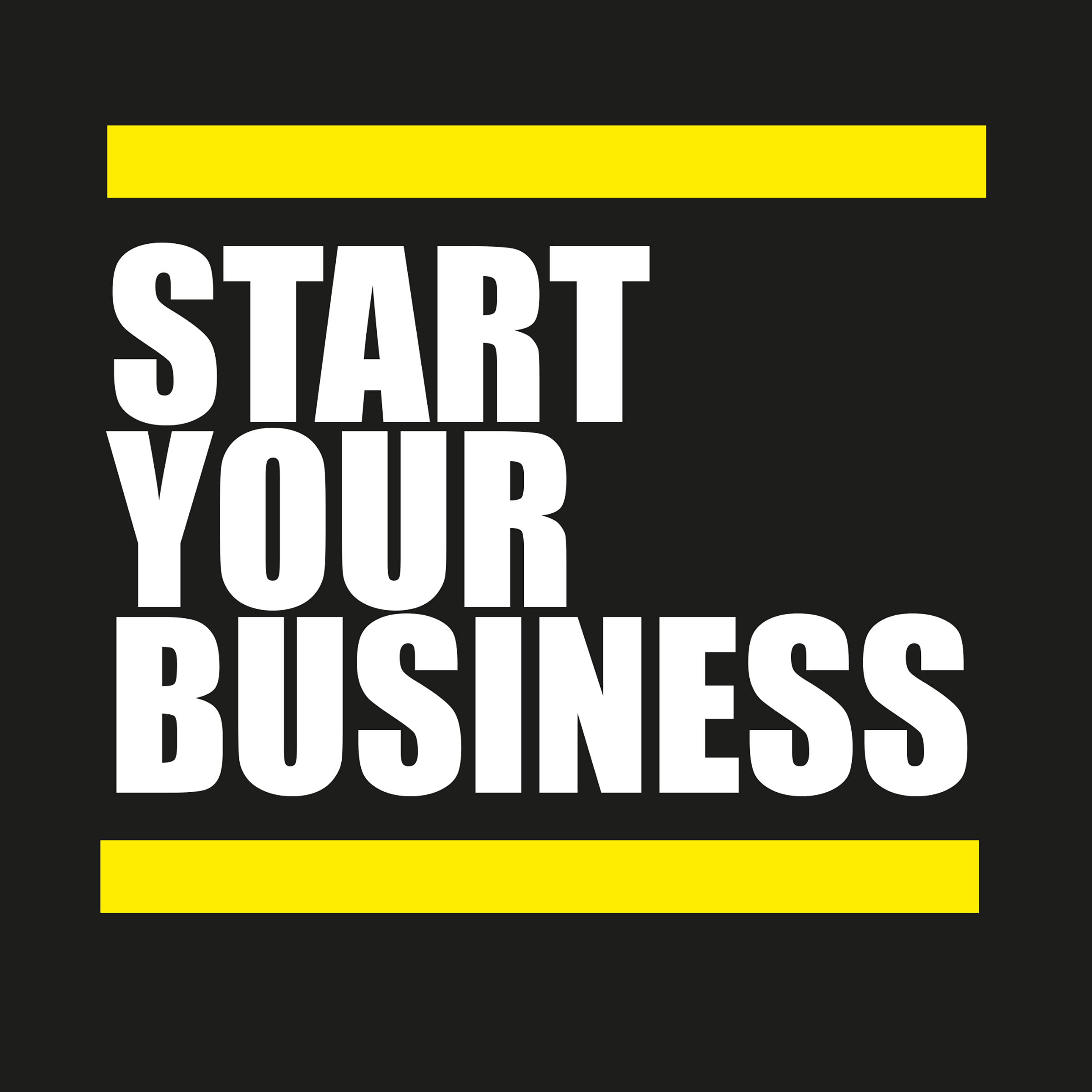Braille Forge
Braille Forge – affordable braille technology to improve access to STEM education for visually impaired students. Brunel University student Jonny Parker is striving to positively influence long-term employment prospects for visually impaired learners, who currently face prohibitively expensive costs that limit access to subjects where tactile learning materials are essential
Do you feel visually impaired people are often overlooked by service providers?
Yes, I feel as though many businesses and organisations fail to consider accessibility when designing their services, websites or customer experiences. Things like menus without braille, apps without screen reader compatibility, etc. Things we take for granted every day can make it difficult for VI people to access information or complete simple tasks independently.
Where did you come up with the idea for your social enterprise?
A few years ago, I had the great pleasure of meeting Zannah, a young girl born with severe visual impairment who was being fostered by a family friend.
She is extremely intelligent and was home-schooled by her foster mother, unable to go to schools in her area due to insufficient equipment and their inability to support her needs. This made me wonder – if specialist equipment were more available and lower cost, could that help to improve the lives of children and young adults like Zannah?
You offer a Braille printer. Tell us more about the product.
The design has been optimised to produce low-height, high-resolution Braille dots onto inexpensive paper substrates, rather than current market offerings, which are required to print onto expensive high-GSM paper substrates. This means that the printer can print onto far cheaper standard A4 sheets, helping keep running costs down.
The printer uses additive manufacturing to deposit physical material bonded onto the surface of the page, layer by layer, to produce the desired image or Braille text. By doing this, the user can produce multi-height and multi-texture braille and images, which is not possible with current market offerings.
Are there particular sectors or industries that you are targeting?
Braille Forge is predominantly aimed at improving the assistive Ed-Tech market, targeting schools and local governments to improve access to key educational resources for VI individuals. At Braille Forge, our aim is to empower literacy and inclusion for every learner.
What are the plans to extend the product range?
Braille Forge is working on developing the first 3D Braille and tactile graphics printer. We have plans to develop key software alongside the physical printer to allow teachers to effortlessly convert sighted learning materials and diagrams into printable tactile mediums.
How do you see the business developing?
I hope to grow Braille Forge into a business that can truly impact the lives of VI individuals and bring innovation and access to education to a wider range of people. I want to build a strong and reliable brand that works directly with members of the community to help improve the lives of those with additional needs, designing truly impactful products.
Which entrepreneurs do you feel have done the most for disability rights?
From entrepreneurs striving to tackle niche problems in the community to staff and members of charities such as RSBC who work hard every day to improve the lives of VI children, it has been such a welcoming community full of amazing people who strive with the same goal in mind. For me, rather than any large, well-known entrepreneurs, it has been the dedication of the individuals I’ve met that do the most and offer continual support every day for VI individuals in the community.
What were some of the early pitfalls that you encountered?
I had the challenge of developing a completely new product from scratch, sourcing and assembling individual electronic components, writing custom code and building a functioning prototype with very limited resources. However, those early setbacks were valuable learning experiences and helped me refine both the product and my understanding of what meaningful innovation looks like in accessibility technology.
Finally, how do you stay motivated?
As a solo founder, designing a product for such a supportive community provides constant reminders of why this is important and why Braille Forge can make a real difference to people’s lives. From the start of this journey, with my inspiration, Zannah, I’ve always been able to keep her in mind throughout all of this, which has kept me driven and grounded over the past year.


